Dream Destination: Net Zero
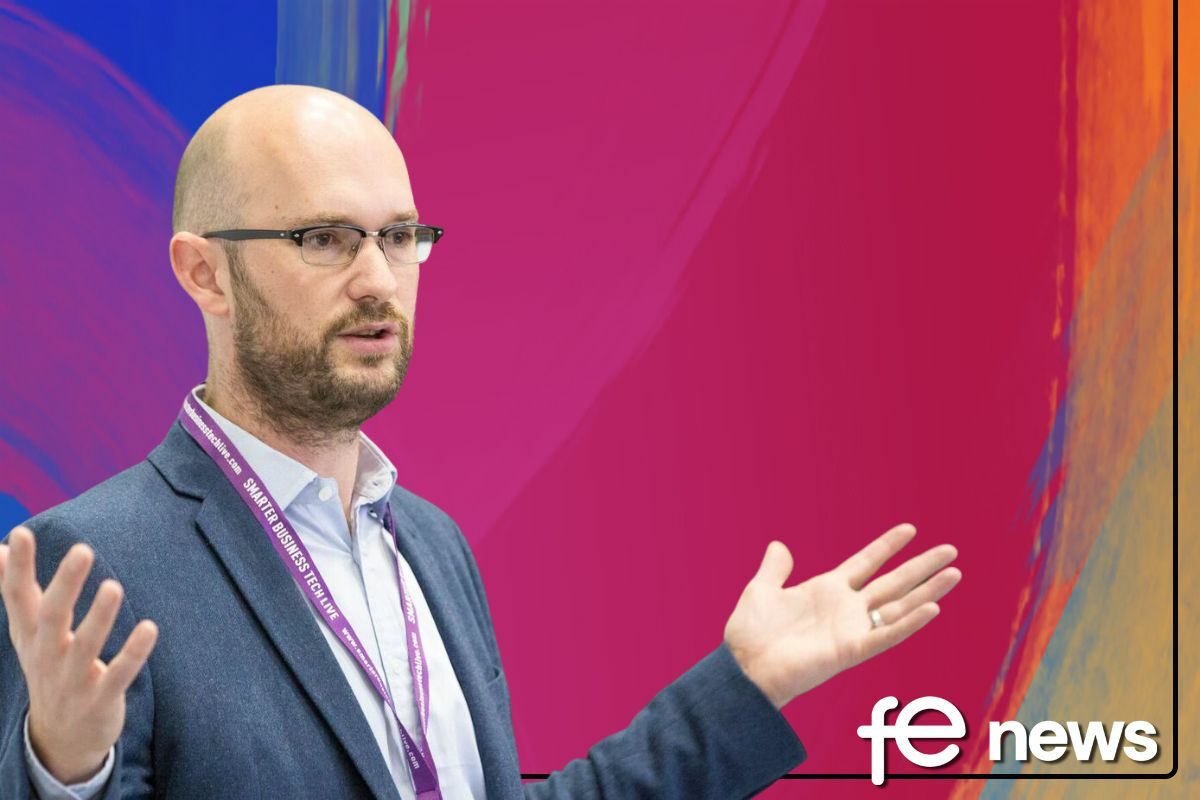
Few sectors of the economy are riding high right now, and Education is no exception. Budgets are tight, teacher recruitment and retention is challenging, and pupil attainment post-COVID remains a priority for us all. Against this backdrop, sustainability and getting to a net zero strategy may not appear high up on a list of current priorities, but it should.
Why? Well, regardless of sector-specific plights, climate change is the single biggest challenge we face as a society. For that reason, the importance of net zero must not be underestimated. Who better than the education sector to take responsibility for carving out a brighter future for young people? Schools, colleges and universities, their students, staff, and suppliers, must all take steps to proactively reduce the sector’s carbon footprint.
If The Climate Change Act aims to achieve the goal of 100% reduction in emissions by 2050, then every part of society has a part to play, and the role technology can play in helping address our sector’s actions, will no doubt be vital in achieving this objective.
Initial steps
There are some obvious areas in and around the classroom and lecture hall where we can have a much faster impact. For starters, schools, colleges and universities should all consider how many physical copies of worksheets are printed. Can you utilise digital media as a way to inform and collaborate online, instead?
Making small changes day-to-day, educators can make a huge impact.
How about your IT infrastructure itself? Do you need a large, hot, power-hungry server in the corner of your estate, when that can all be done in the cloud these days? Can assignments be undertaken and meetings held online using modern collaboration tools, negating the need for all staff to travel day in day out? What role can technology play in replacing the carbon-rich paper trail of printers, photocopiers, post, and fax machines?
Some of these are small ideas – some bigger – but they are all initiatives that we can take to make real, meaningful change – giving us all a feeling that we are can all play a personal role – staff, students, parents and governors.
Perhaps one of the most visible examples lies in the devices that you may be using to read this article. A recent piece of research by the British Education Suppliers Association (BESA) found that there are an incredible 1,476,000 computer devices in UK schools that have come to the end of their life. All of these can be traded in or responsibly recycled. To reach net zero – decarbonising through energy efficiency, replacing fossil fuels with renewable and low carbon energy, dematerialisation, digitisation, reducing material losses and avoidance of waste – are all steps that we can all take.
Challenging present opportunities
Though some of these changes to current systems and strategies may be hard to get your head around at first, every challenge is an opportunity for positive change.
The work that is done in our educational establishments shows that we have a key role as leaders and advocates amongst future generations. But it should not end there. Think of your suppliers – companies like RM. At RM we are striving for supply chain sustainability across the board and will always consider the environmental impact of any new task. Reducing packaging and introducing re-usable packaging solutions will help eliminate waste at every stage of the supply chain – not least from your establishment. It is important to note that this journey is all about collaboration and educating one another on what we can do – every little thing makes a difference and if each and every person in the education sector makes a change then we will be many steps ahead of where we once were, giving the next generation a head start.
Making a start
Ultimately, educators are in one of the best positions to drive meaningful change – both by inspiring the next generation of climate warriors, as well as in the sheer size of their impact on the UK’s public and private sectors. For that reason, it’s essential that this sector makes sustainability a priority now and not later.
No change is too small, and we must begin to lay the foundations for a safe, happy and healthy future for the next generation of leaders and innovators. This way, we will make their futures brighter and eliminate the huge and devastating impacts of climate change one step at a time.
Going back to those initial headaches that are keeping you awake at night – a sensible sustainability strategy can even alleviate some of those – lower energy consumption can help school budgets go further… building a strong reputation for playing your part in net zero is a great magnet for employee recruitment and retention… and no-one is more committed to climate change than our younger adults – getting them involved can pay dividends in terms of their own engagement and in turn their propensity for higher attainment.


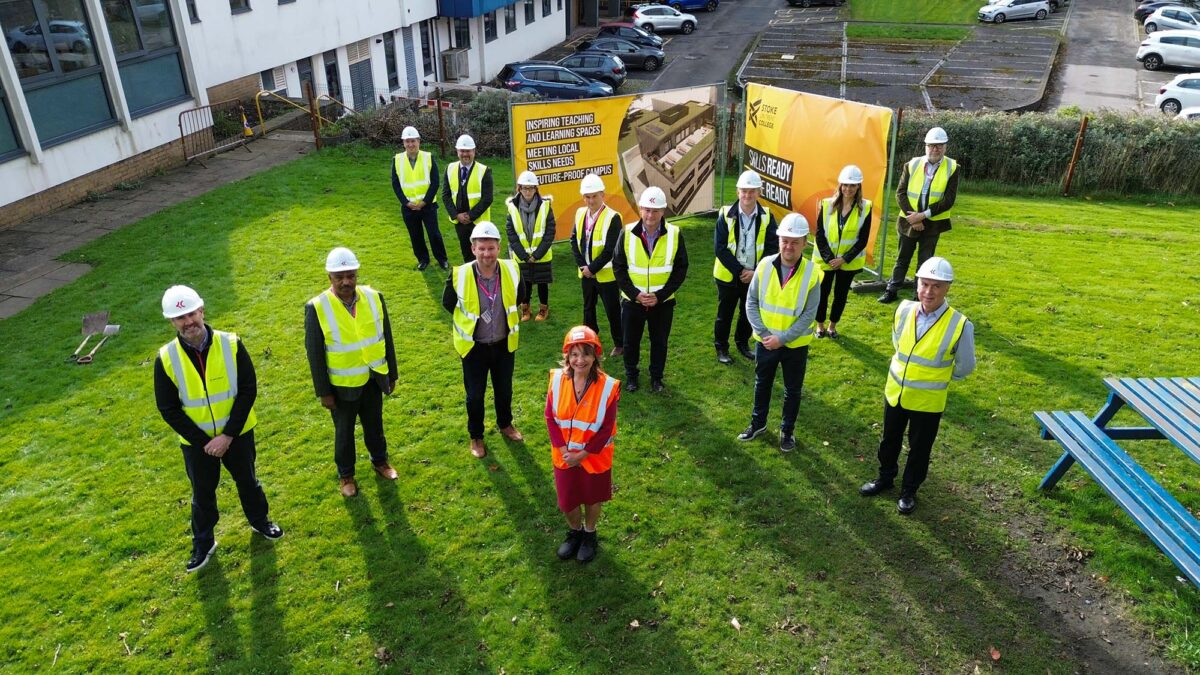
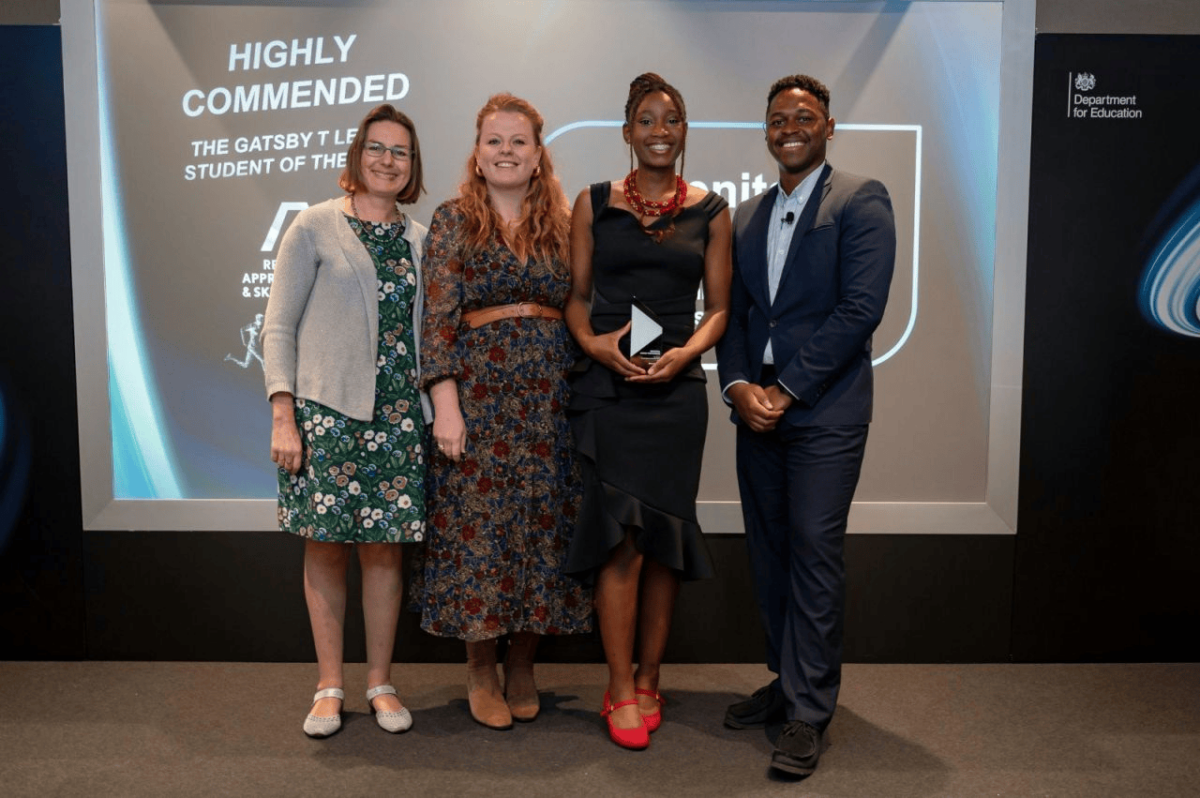






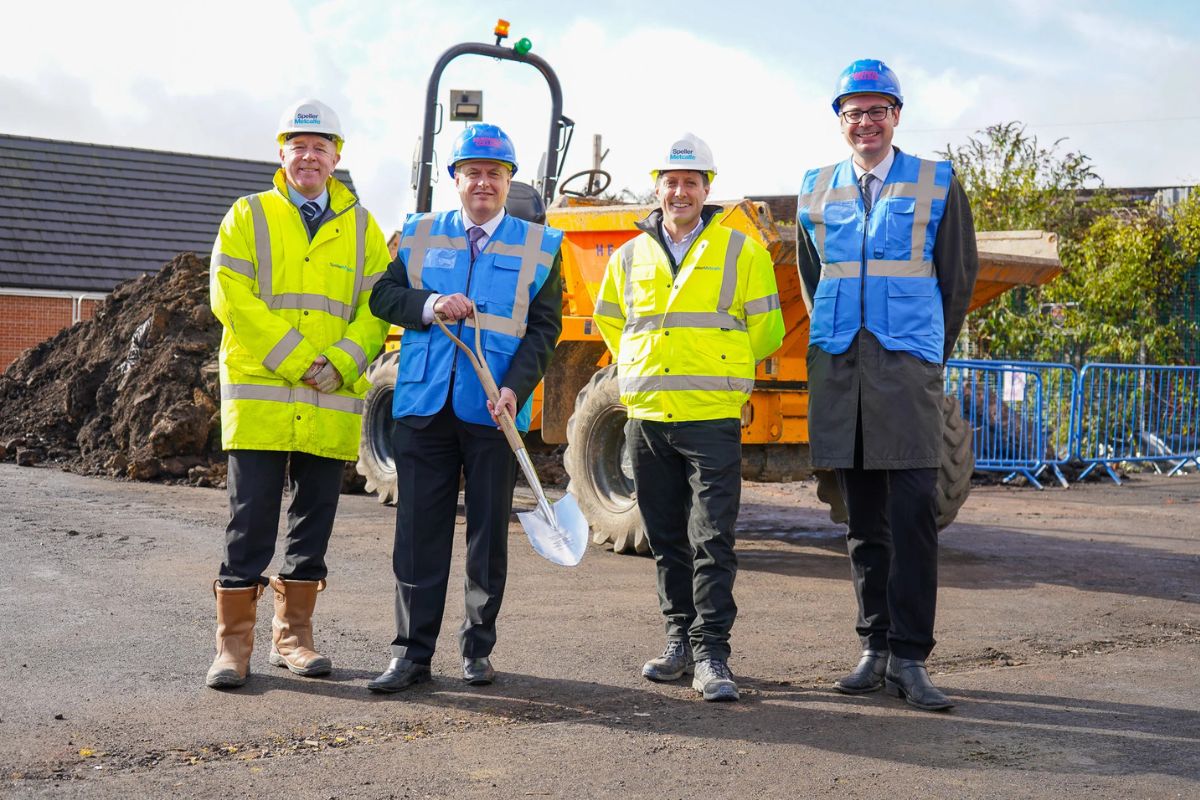
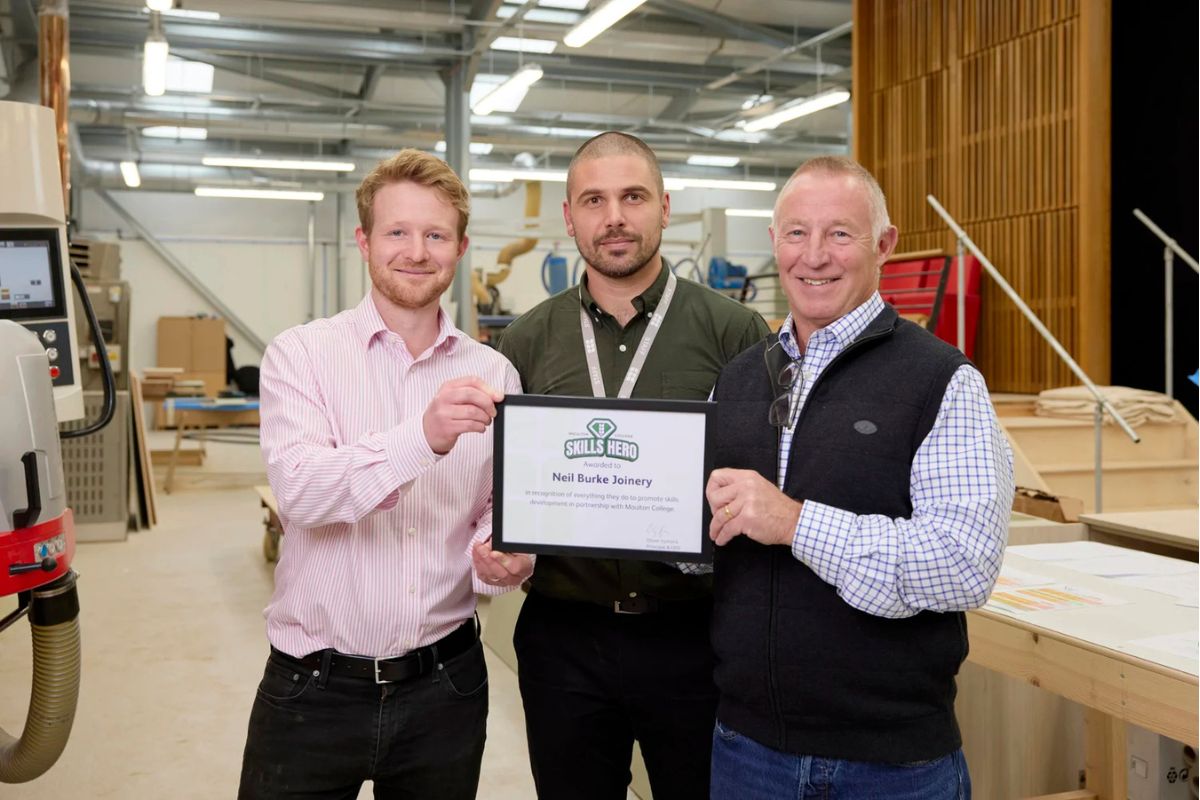
Responses